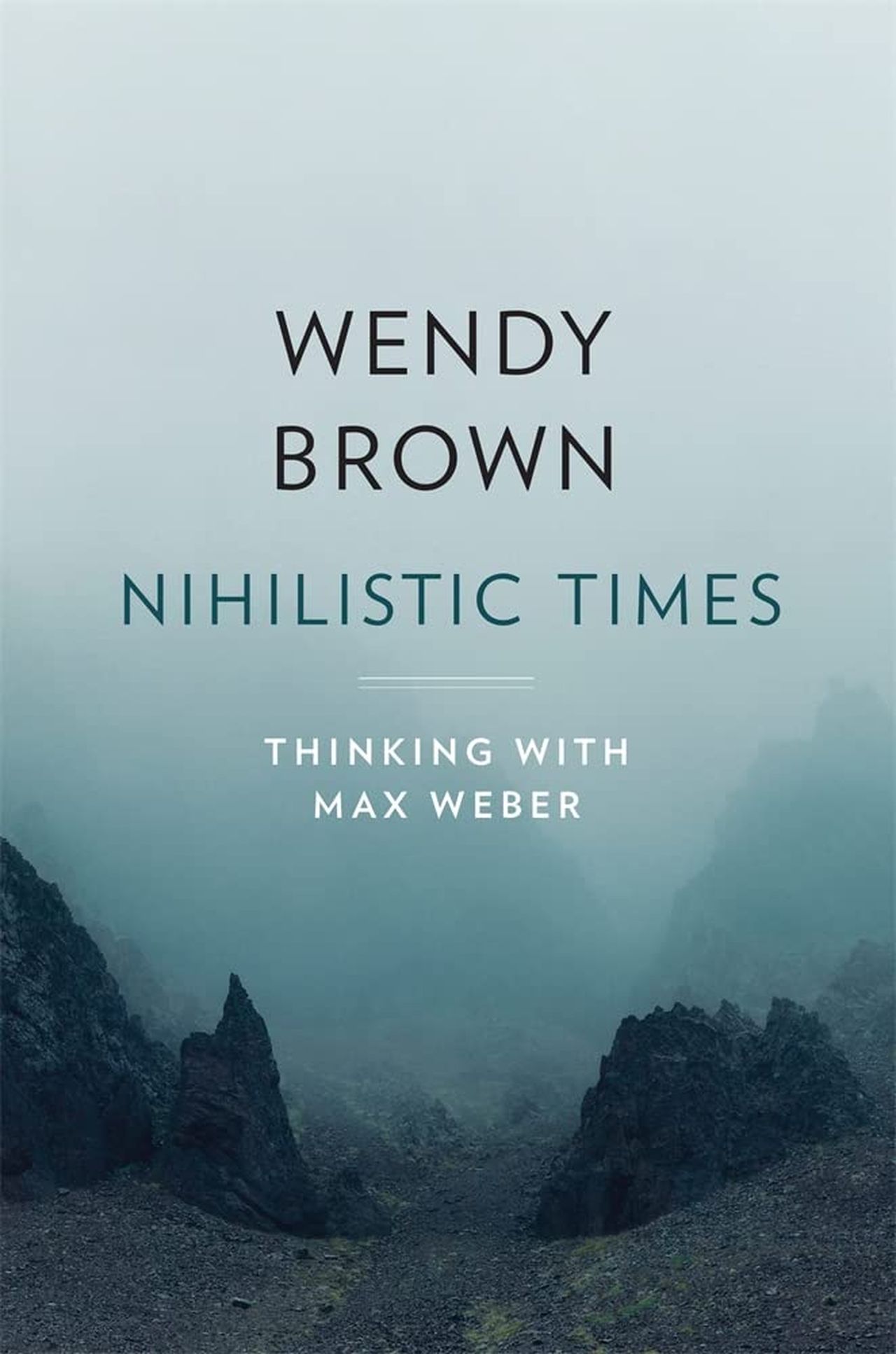 Kieran Setiya in the LA Review of Books:
Kieran Setiya in the LA Review of Books:
IN NOVEMBER 1917, a group of left-leaning students at the University of Munich invited sociologist Max Weber to lecture on “Science as a Vocation.” They were troubled by the state of the academy in a time of increasing specialization, subject to distorting influences, both economic and political.
It’s hard to imagine that the students were uplifted by Weber’s lecture. His embrace of specialized knowledge—divorced from ethics, politics, and the search for meaning—portrays the advance of science as planned obsolescence. The scientist’s vocation lies in pursuing truth, knowing that the fate of her work is to be superseded. Weber’s advice to the would-be scientist was, more or less, “suck it up.”
Worse still, the upshot of technical progress is a disenchanted world. We no longer pray to spirits but “can in principle control everything by means of calculation.” And while science tells us how to achieve our ends, it does not tell us what our ends should be. For Weber, disenchantment lapses into nihilism:
And suppose that Tolstoy rises up in you once more and asks, “who if not science will answer the question: what then shall we do and how shall we organize our lives?” […] In that event, we must reply: only a prophet or a savior. […] [But] the prophet for whom so many of [us] yearn simply does not exist.
Since the scientist is not a prophet, “politics has no place in the lecture room.”
More here.
